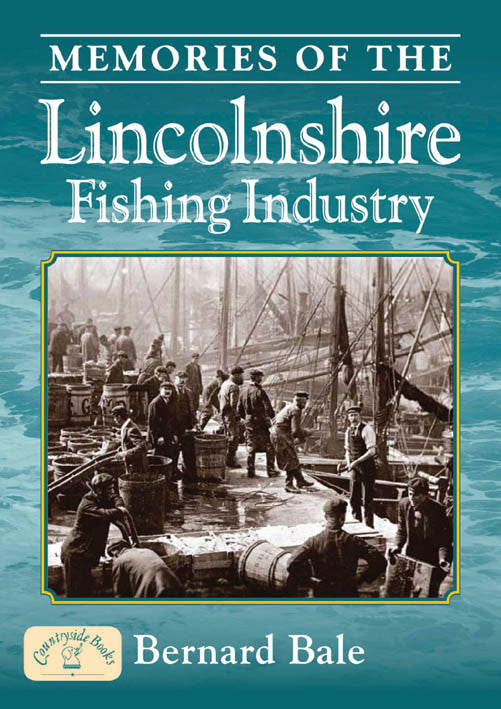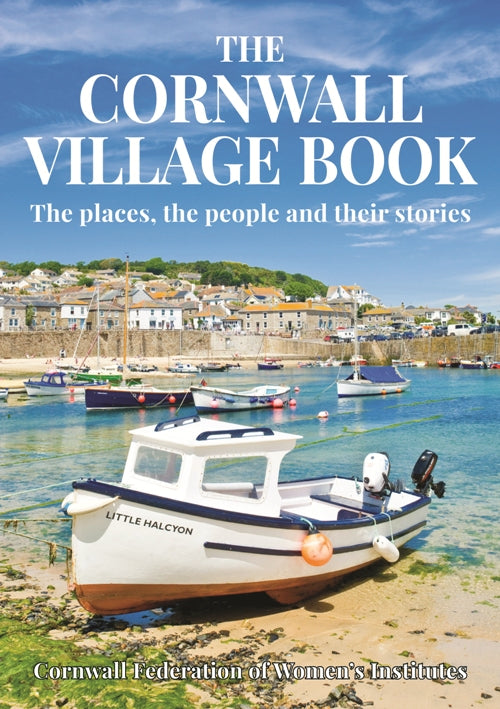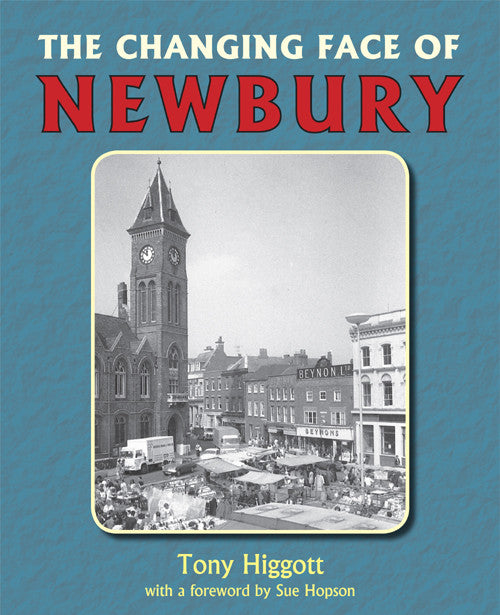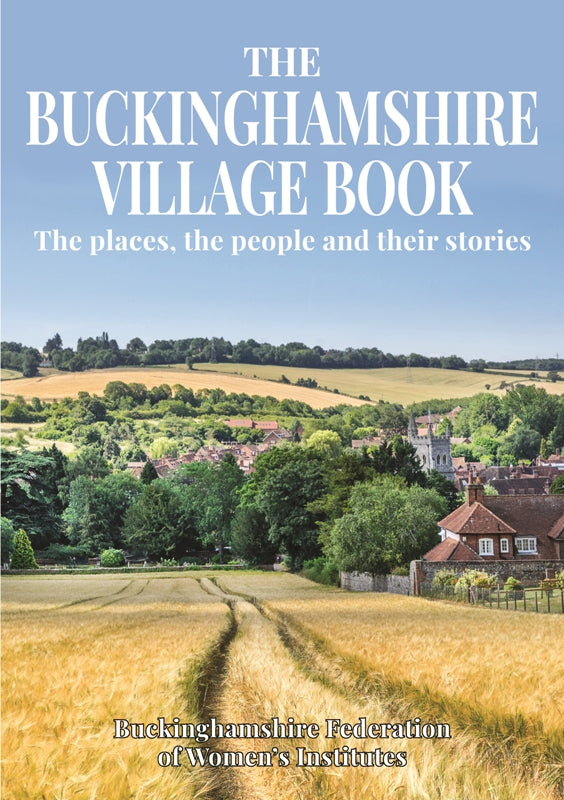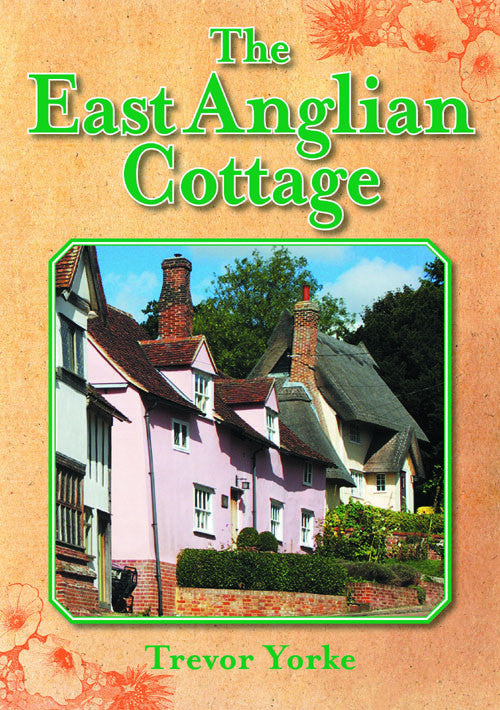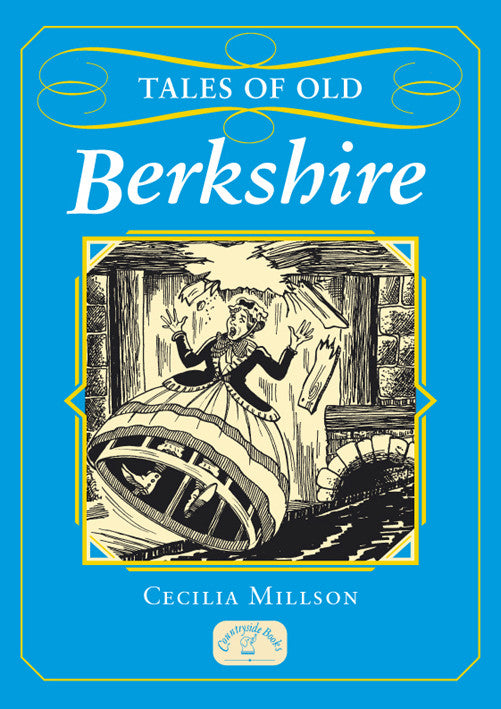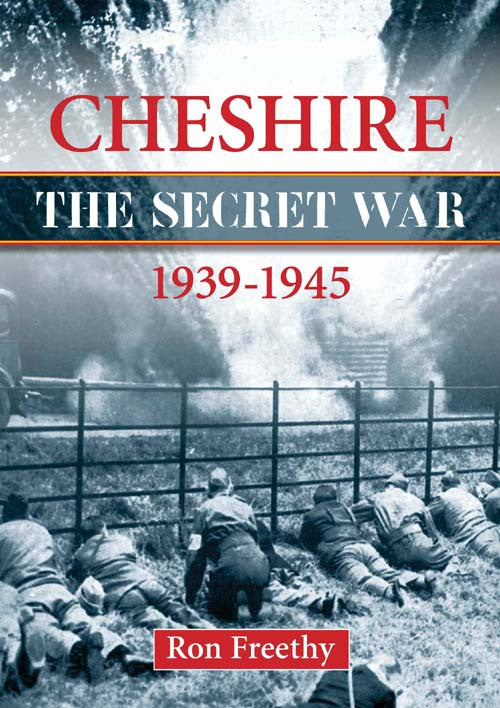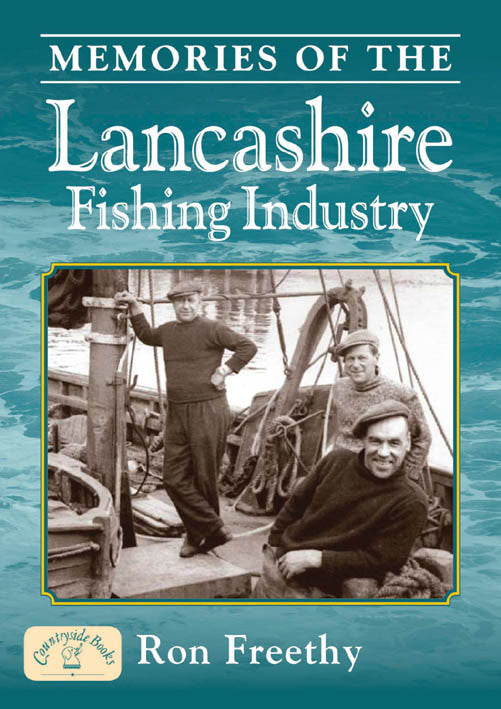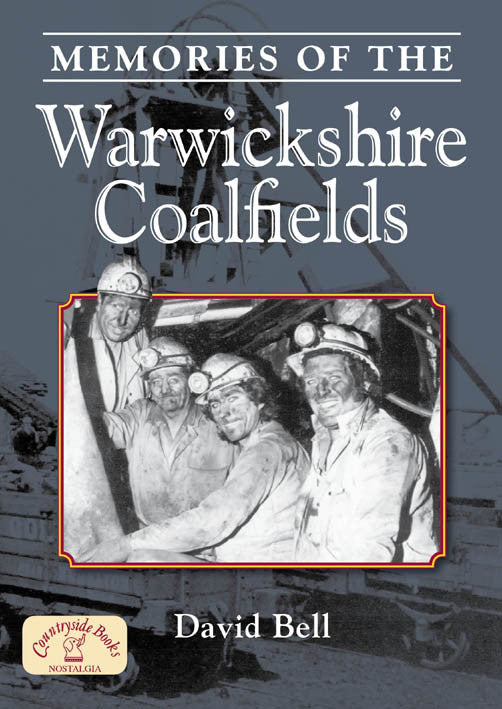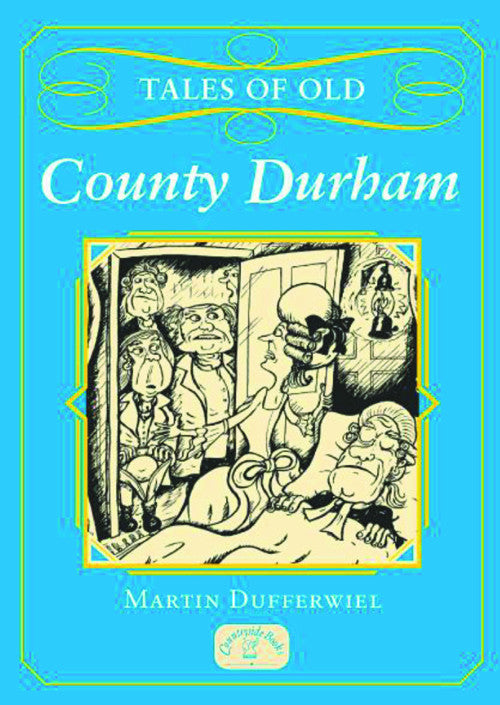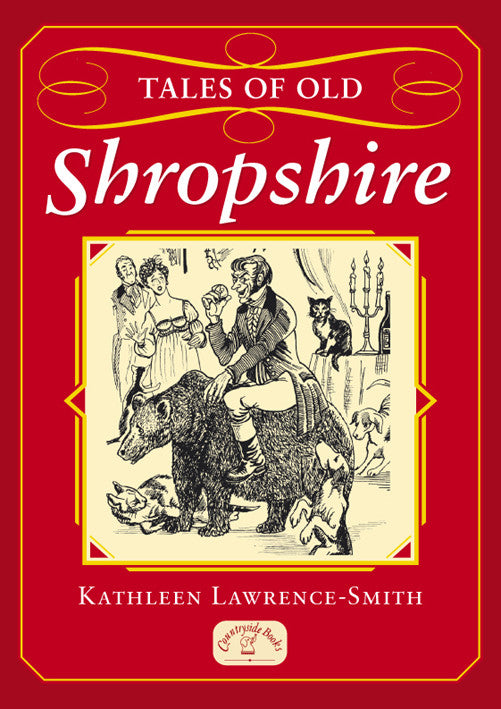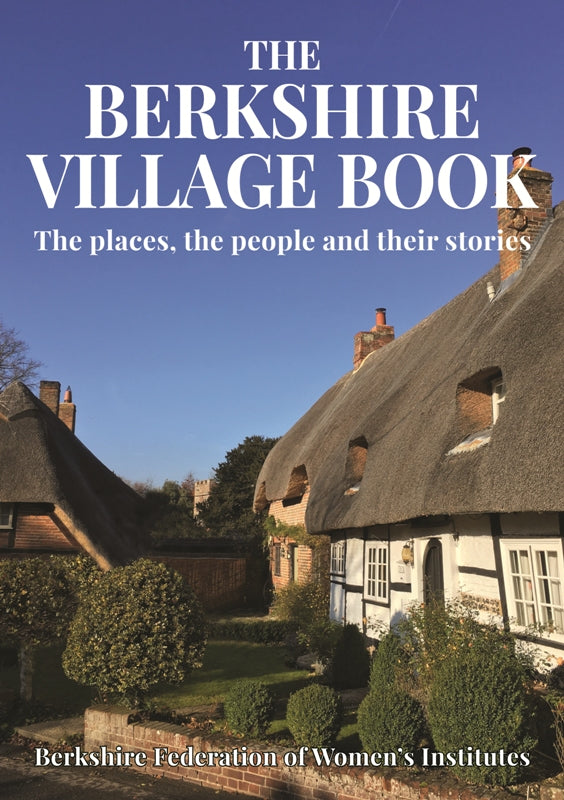{"id":9377477261,"title":"Memories of the Lincolnshire Fishing Industry","handle":"memories-of-the-lincolnshire-fishing-industry","description":"\u003cp\u003eThe fishing industry in Lincolnshire was thriving even before the Romans arrived and at one time Grimsby was the busiest fishing port in the world. During the 18th century life became hard but the arrival of the railway changed the industry's fortunes. The ups and downs since then have included two World Wars and the cod war with Iceland in the 1970s. Today, much reduced fleets work out of Grimsby, Boston, Cleethorpes and Freiston Shore.\u003c\/p\u003e\n\u003cmeta charset=\"utf-8\"\u003e\n\u003cp style=\"text-align: justify;\"\u003eDuring the 20th century Lincolnshire's ports provided one fifth of all the fish eaten in Britain. In the 1970s this changed as a result of the cod war with Iceland over a dispute about fishing rights in home waters. New technology such as satellite navigation, sonar and mechanical winches also played its part. The fleet got smaller and changed direction. Of the smaller local ports. Cleethorpes, concentrated on Oyster beds, Freiston Shore on shrimps, soles and sprats and Boston on cockles from The wash. A new type of fishing vessel was developed and named after football clubs, this joined the Cat Class of boats launched in 1957 and named by local Grimsby school children.\u003c\/p\u003e\n\u003cp style=\"text-align: justify;\"\u003eThe book concludes with details of the National Fishing Heritage Centre opened in 1991, a look at local fishing families or dynasties, a list of common fishing terms and some fishing superstitions. The story of Lincolnshire's Fishing industry is told with the help of memories and anecdotes from those who were once involved and from a collection of contemporary photographs. Bernard Bale who lives in Lincolnshire has talked to many local people and have records of the conditions, the work, the people and the humour of this local industry which forms such a large part of the county's identity.\u003c\/p\u003e\n\u003cp style=\"text-align: justify;\"\u003eA5 (softcover) 128 pages\u003c\/p\u003e\n\u003cp style=\"text-align: justify;\"\u003eAuthor: Bernard Bale\u003c\/p\u003e\n\u003cp style=\"text-align: justify;\"\u003eISBN 9781846742132\u003c\/p\u003e","published_at":"2017-03-18T21:13:00+00:00","created_at":"2017-03-18T21:19:22+00:00","vendor":"Countryside Books","type":"Books","tags":["By region_Lincolnshire","fishing industry"],"price":799,"price_min":799,"price_max":799,"available":true,"price_varies":false,"compare_at_price":null,"compare_at_price_min":0,"compare_at_price_max":0,"compare_at_price_varies":false,"variants":[{"id":34348650445,"title":"Default Title","option1":"Default Title","option2":null,"option3":null,"sku":"","requires_shipping":true,"taxable":false,"featured_image":null,"available":true,"name":"Memories of the Lincolnshire Fishing Industry","public_title":null,"options":["Default Title"],"price":799,"weight":200,"compare_at_price":null,"inventory_quantity":-9,"inventory_management":null,"inventory_policy":"deny","barcode":"9781846742132","requires_selling_plan":false,"selling_plan_allocations":[]}],"images":["\/\/countrysidebooks.co.uk\/cdn\/shop\/products\/Lincs_Fish_Cover_300_res.jpg?v=1511040747"],"featured_image":"\/\/countrysidebooks.co.uk\/cdn\/shop\/products\/Lincs_Fish_Cover_300_res.jpg?v=1511040747","options":["Title"],"media":[{"alt":"Memories of the Lincolnshire Fishing Industry book cover. ","id":279288610947,"position":1,"preview_image":{"aspect_ratio":0.707,"height":709,"width":501,"src":"\/\/countrysidebooks.co.uk\/cdn\/shop\/products\/Lincs_Fish_Cover_300_res.jpg?v=1511040747"},"aspect_ratio":0.707,"height":709,"media_type":"image","src":"\/\/countrysidebooks.co.uk\/cdn\/shop\/products\/Lincs_Fish_Cover_300_res.jpg?v=1511040747","width":501}],"requires_selling_plan":false,"selling_plan_groups":[],"content":"\u003cp\u003eThe fishing industry in Lincolnshire was thriving even before the Romans arrived and at one time Grimsby was the busiest fishing port in the world. During the 18th century life became hard but the arrival of the railway changed the industry's fortunes. The ups and downs since then have included two World Wars and the cod war with Iceland in the 1970s. Today, much reduced fleets work out of Grimsby, Boston, Cleethorpes and Freiston Shore.\u003c\/p\u003e\n\u003cmeta charset=\"utf-8\"\u003e\n\u003cp style=\"text-align: justify;\"\u003eDuring the 20th century Lincolnshire's ports provided one fifth of all the fish eaten in Britain. In the 1970s this changed as a result of the cod war with Iceland over a dispute about fishing rights in home waters. New technology such as satellite navigation, sonar and mechanical winches also played its part. The fleet got smaller and changed direction. Of the smaller local ports. Cleethorpes, concentrated on Oyster beds, Freiston Shore on shrimps, soles and sprats and Boston on cockles from The wash. A new type of fishing vessel was developed and named after football clubs, this joined the Cat Class of boats launched in 1957 and named by local Grimsby school children.\u003c\/p\u003e\n\u003cp style=\"text-align: justify;\"\u003eThe book concludes with details of the National Fishing Heritage Centre opened in 1991, a look at local fishing families or dynasties, a list of common fishing terms and some fishing superstitions. The story of Lincolnshire's Fishing industry is told with the help of memories and anecdotes from those who were once involved and from a collection of contemporary photographs. Bernard Bale who lives in Lincolnshire has talked to many local people and have records of the conditions, the work, the people and the humour of this local industry which forms such a large part of the county's identity.\u003c\/p\u003e\n\u003cp style=\"text-align: justify;\"\u003eA5 (softcover) 128 pages\u003c\/p\u003e\n\u003cp style=\"text-align: justify;\"\u003eAuthor: Bernard Bale\u003c\/p\u003e\n\u003cp style=\"text-align: justify;\"\u003eISBN 9781846742132\u003c\/p\u003e"}
Memories of the Lincolnshire Fishing Industry
You might also like...
The Lillie Enclave
£7.95
The East Anglian Cottage
£6.95
Tales of Old Berkshire
£7.95
Cheshire The Secret War
£9.95
Tales of Old Shropshire
£7.95

